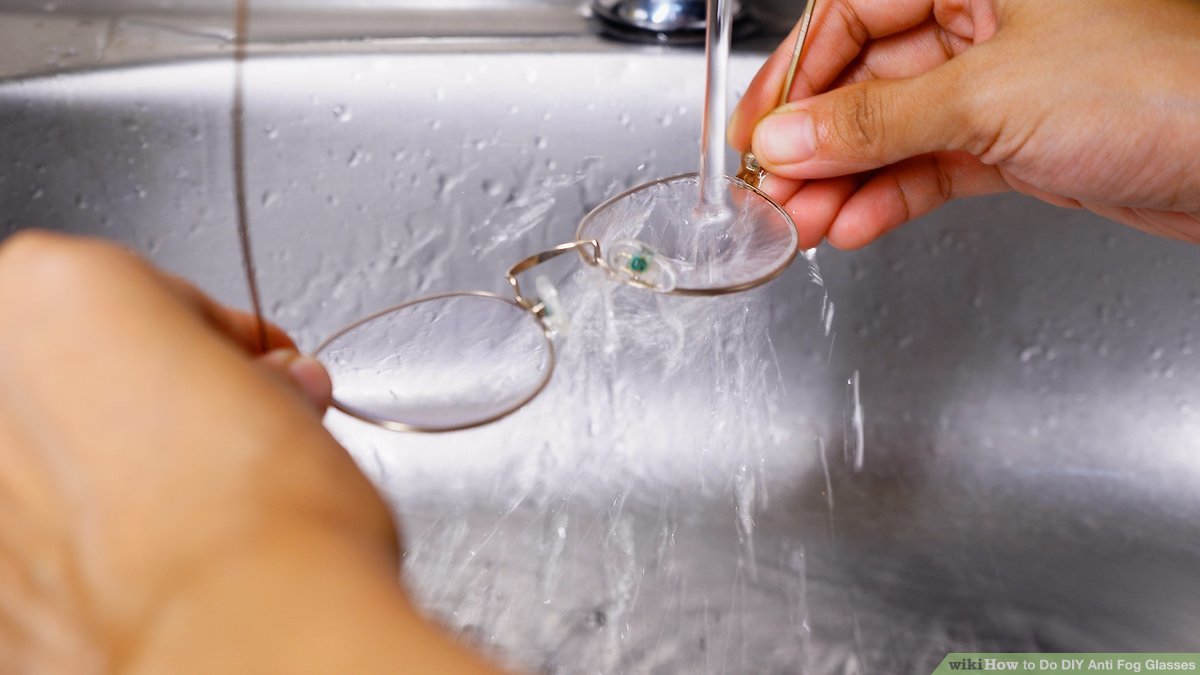Transforming your home’s interior with a fresh coat of paint is one of the most effective ways to revitalize your living space.
However, choosing the right professionals for the job is crucial to ensure a high-quality, long-lasting finish. Hiring for interior painting services requires careful due diligence, as a poor choice can lead to wasted time, money, and a disappointing result.
To navigate this process successfully, there are several key factors you must thoroughly evaluate before entrusting your home to a contractor.
Licensing, Insurance, and Credentials
One of the most fundamental steps is to verify the contractor’s legal standing and protection. Always ask for proof of current business licensing and, more importantly, comprehensive insurance.
This includes both general liability insurance, which covers damage to your property, and worker’s compensation insurance, which protects you from financial liability if a crew member is injured on the job.
A reputable company providing interior painting services will be transparent and readily supply these documents. Verifying these credentials is non-negotiable for your peace of mind and financial safety.
Experience and Portfolio Review
A contractor’s experience is a strong indicator of their expertise. Inquire about how long the company has been in business and specifically how much experience they have with residential interior painting projects similar to yours.
Ask to see a portfolio of their past work, paying close attention to the consistency of their technique, the crispness of the lines, and the overall finish quality. This review will provide insight into their craftsmanship and whether their style aligns with your expectations for your home.
Reputation and Client References
The quality of work is best judged by previous customers. While online reviews on platforms are useful, also request a list of verifiable references from recent clients.
Contact three to five of these references and ask specific questions about the contractor’s professionalism, adherence to the timeline, tidiness, and how they handled any unexpected issues. A reliable company will have a solid, positive reputation built on a history of satisfactory results.
Detailed Written Estimate and Contract
Avoid vague verbal quotes. A professional contractor should provide a comprehensive, written estimate that clearly breaks down all costs.
This document should detail labor costs, the specific brand and type of materials (paint, primer, caulk, etc.) to be used, the number of coats, and any additional fees for prep work, such as patching or minor repairs.
Once you agree on the price and scope, ensure the full agreement is captured in a formal contract to prevent any misunderstandings or hidden costs later in the interior painting process.
Surface Preparation and Painting Process
The longevity and finish of the paint job heavily depend on the preparation. Ask the contractor for a detailed explanation of their preparation process. This should include cleaning surfaces, sanding, filling cracks and holes, and priming.
A thorough process should also cover how they plan to protect your belongings, floors, and unpainted surfaces using drop cloths and masking tape. Inadequate prep is a common shortcut that leads to premature peeling and a poor final look.




